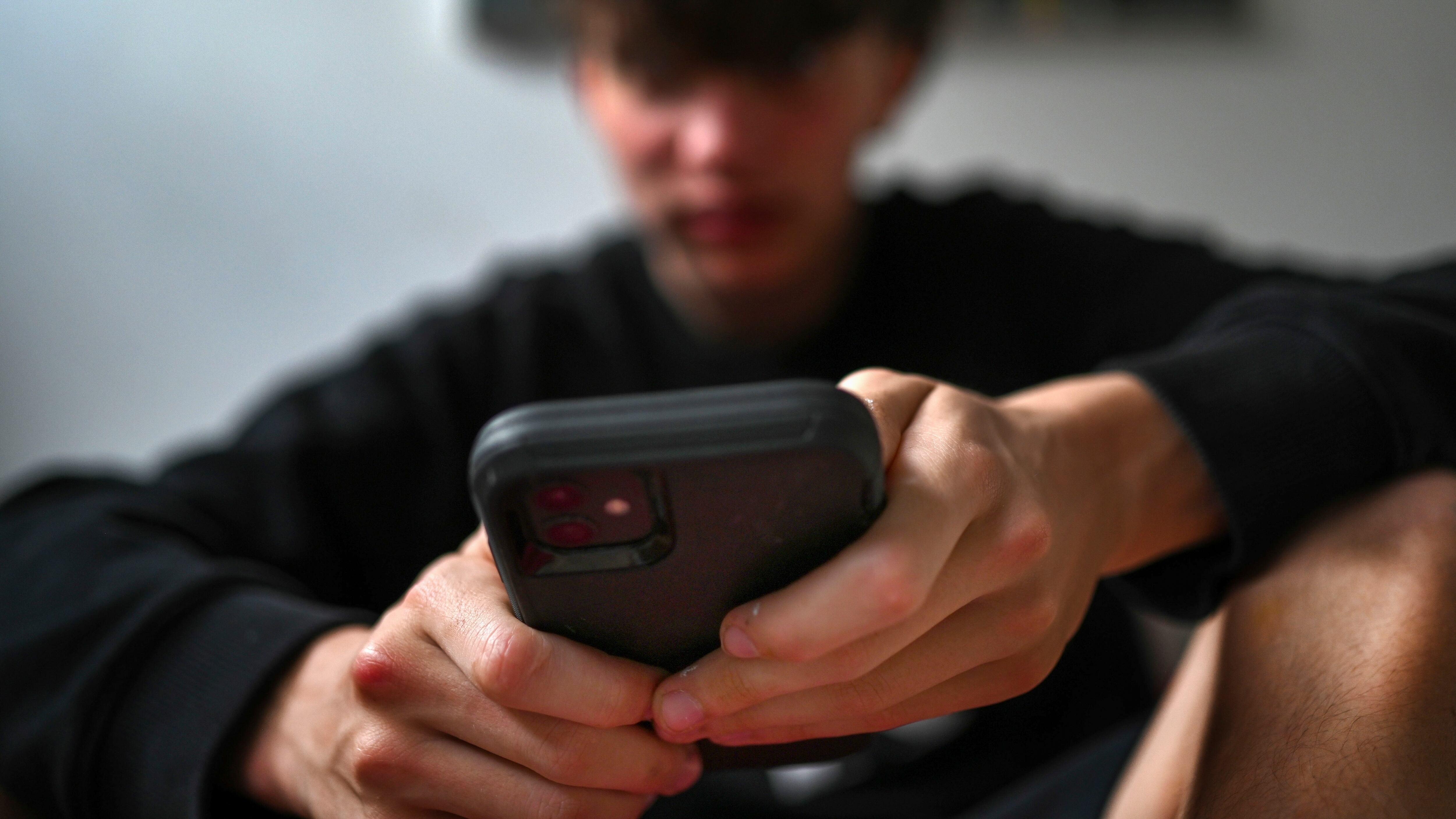This Thursday, Australia officially approved a law that prohibits minors under the age of 16 from using social media after several days of heated debate that has been ongoing for months. This is the first country to establish a law of this nature in a global effort to curb the power of big tech companies and protect this vulnerable population.
After a parliamentary session that extended into Wednesday night, the country's Senate, or upper house of parliament, voted in favor of approving the law after the center-left Labor government of Prime Minister Anthony Albanese secured the support of the conservative opposition.
PUBLICIDAD
What does this law cover regarding social media?
The law, expected to come into force in November 2025, establishes some of the strictest social media controls in the world and will require platforms to take reasonable measures to ensure age verification protections are in place.
Australia plans to test an age verification system that may include biometric data or government-issued identification to enforce this regulation. The trial will last several months and its findings will be reviewed by mid-2025.
According to the law, companies could face fines of up to 49.5 million Australian dollars (32 million dollars) for violations.
During this debate, Albanese, trying to increase his approval ratings before the elections scheduled for May, has argued that social media poses risks to the physical and mental health of children. In addition to the Prime Minister, this stance is shared by some experts and a considerable group of people around the world.
In presentations to parliament, Google, from Alphabet, and Meta said that the ban should be delayed until the age verification trial is completed, expected by mid-2025. TikTok from Bytedance said that the bill needed more consultations, while X from Elon Musk argued that the proposed law could harm the human rights of children.
“We are all parents of children of different ages and we are definitely aware of all the little tricks that children do,” said Andrew Hammond, CEO of the technology contractor KJR to Reuters, which will carry out the test with about 1,200 randomly selected Australians from January to March. “Children are quite ingenious, so we will definitely have our eyes and ears open,” Hammond added.
